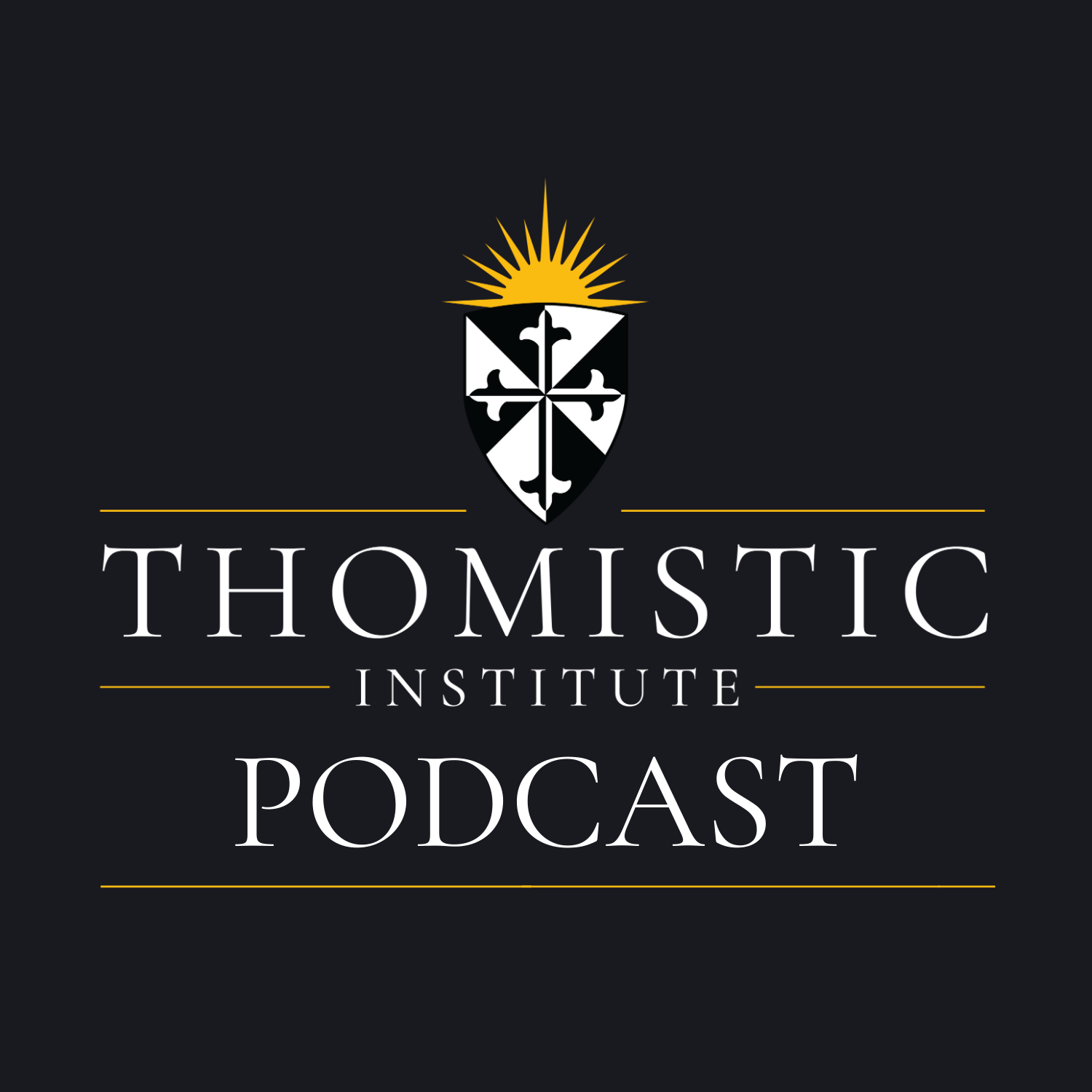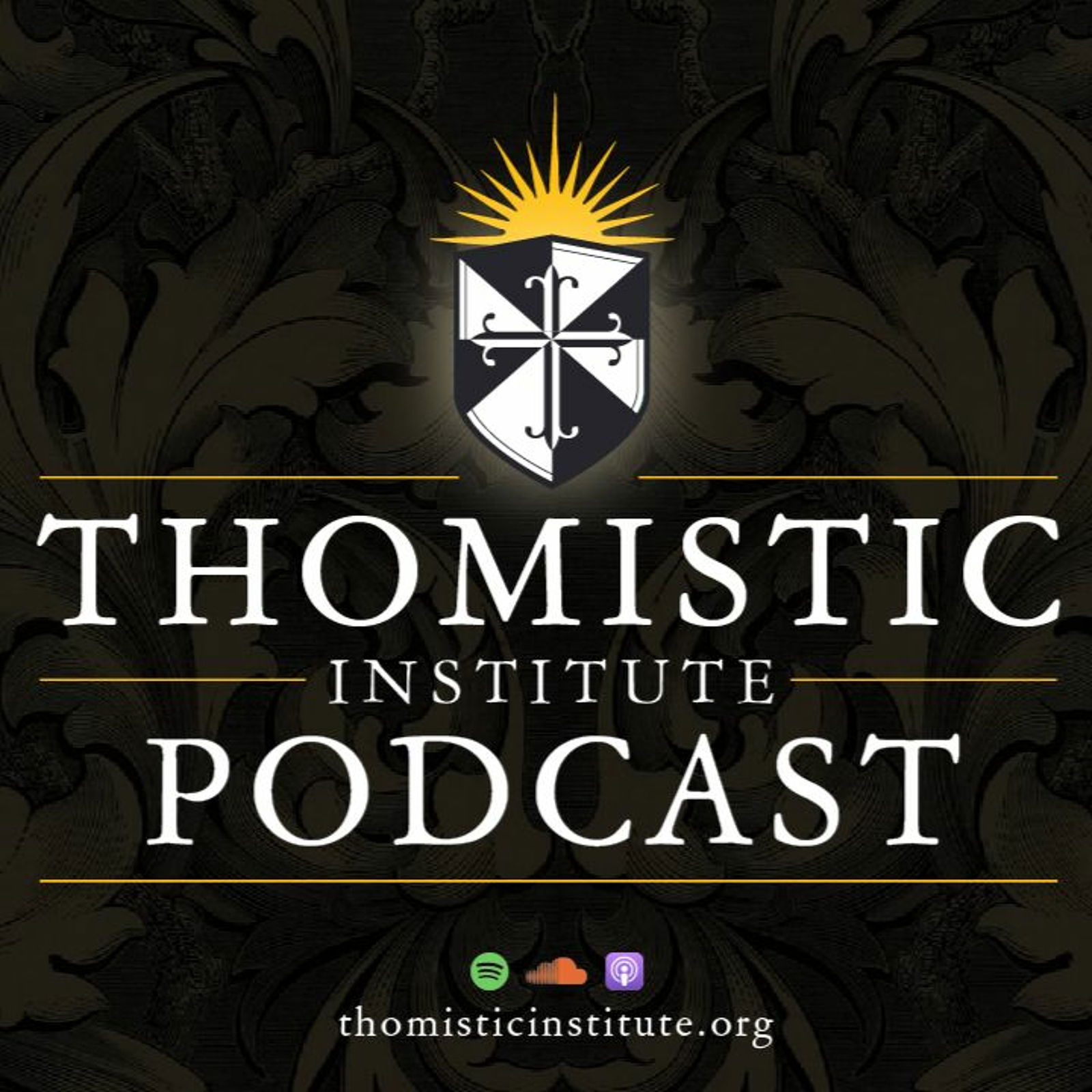Engaging Contemporary Science as a Thomist | Fr. Ambrose Little, O.P. & Prof. Jonathan Lunine

This lecture was given on June 29th, 2024, at The Dominican House of Studies.For more information on upcoming events, visit us at thomisticinstitute.org/upcoming-eventsAbout the Speakers: Fr. Ambrose Little is the assistant director of the Thomisti...
This lecture was given on June 29th, 2024, at The Dominican House of Studies.
For more information on upcoming events, visit us at thomisticinstitute.org/upcoming-events
About the Speakers:
Fr. Ambrose Little is the assistant director of the Thomistic Institute. He is originally from Connecticut and entered the Dominican Order in 2007 and was ordained a priest in 2013. Before entering the Dominican Order, he graduated from The Catholic University of America with a BA in philosophy. After ordination, he completed a Licentiate in Philosophy at The Catholic University of America and then taught for two years at Providence College. After completing his Ph.D. in philosophy in the summer of 2021, he started teaching at the Pontifical Faculty of the Immaculate Conception. He specializes in the philosophies of Aristotle and St. Thomas Aquinas, with an emphasis on their study of nature and the soul. He also studies topics at the intersection between philosophy and science.
Jonathan Lunine is the David C. Duncan Professor in the Physical Sciences and Chair of the Department of Astronomy at Cornell University. Lunine is interested in how planets form and evolve, what processes maintain and establish habitability, and what kinds of exotic environments (methane lakes, etc.) might host a kind of chemistry sophisticated enough to be called "life". He pursues these interests through theoretical modeling and participation in spacecraft missions. He is co-investigator on the Juno mission now in orbit at Jupiter, using data from several instruments on the spacecraft, and on the MISE instrument for the Europa Clipper mission. He is on the science team for the James Webb Space Telescope, focusing on characterization of extrasolar planets and Kuiper Belt objects. Lunine has contributed to concept studies for a wide range of planetary and exoplanetary missions. Lunine is a member of the National Academy of Sciences and has participated in or chaired a number of advisory and strategic planning committees for the Academy and for NASA.










